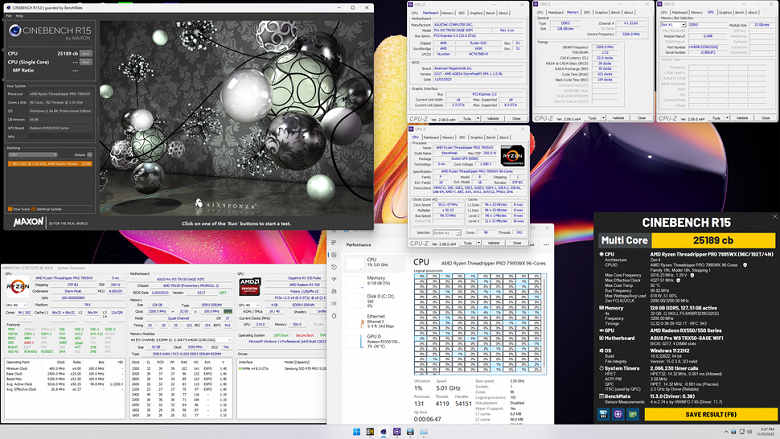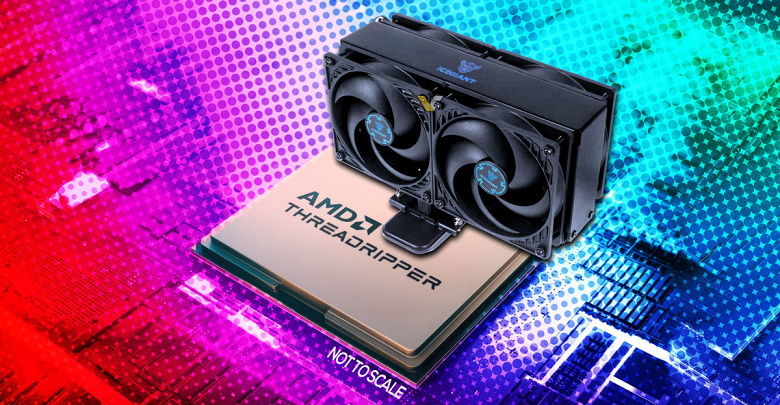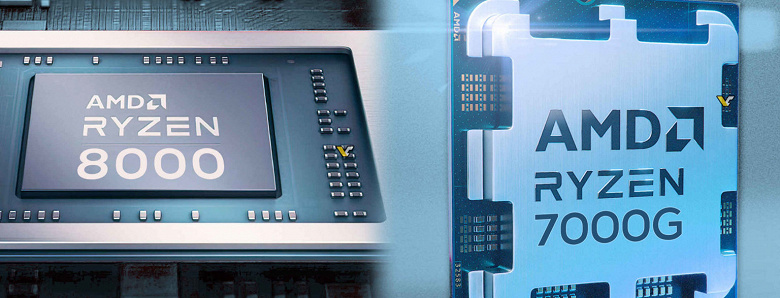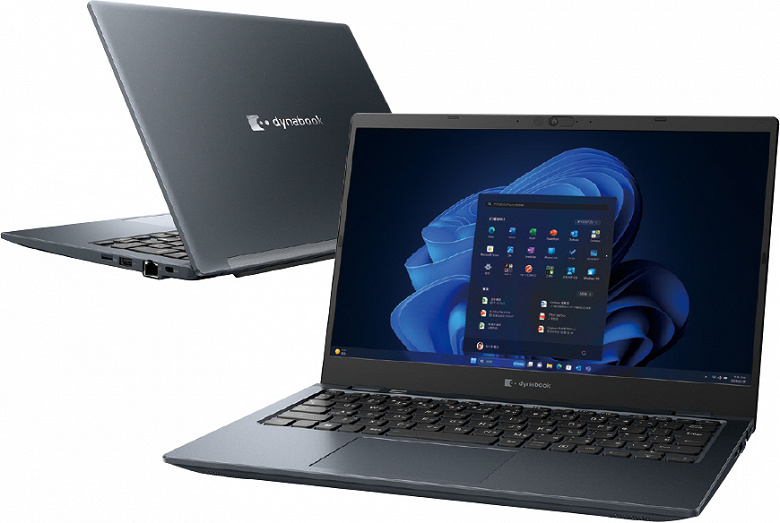Even the high-performance CPU Core doesn’t always cope.
Several notebook models with energy-efficient Ryzen 4000 processors have already entered the market, but, unlike high-performance APUs, the younger ones go on sale “disorganized”. Therefore, there are still not many full-fledged tests of such processors.

A large-scale test of Ryzen 7 4700U under Linux showed that Intel has nothing to oppose AMD in this segment
A review of the Phoronix resource, which evaluated the capabilities of the Ryzen 7 4700U, among other things, is also interesting because the tests were carried out in the Linux operating system.
So, we took a Lenovo IdeaPad 5 laptop worth $ 816, equipped with a Ryzen 7 4700U. Recall, this is an eight-core processor without SMT support, with frequencies of 2.0-4.1 GHz and GPU Vega 7.
Not all tests are listed here – the source really has a lot of them. But overall the picture is clear. The Ryzen 7 4700U is definitely much faster than the competitor’s energy-efficient CPUs in almost any task, which is logical – Intel simply doesn’t have energy-efficient eight-core processors. But even the 45-watt Core i9-9750H is far from always faster. The Xeon E-2286M is definitely ahead of AMD’s solution, but the comparison is for show only.
In terms of power consumption, the Ryzen 7 4700U is slightly higher than the Core i7-1065G7, but the performance per watt is also significantly higher.






